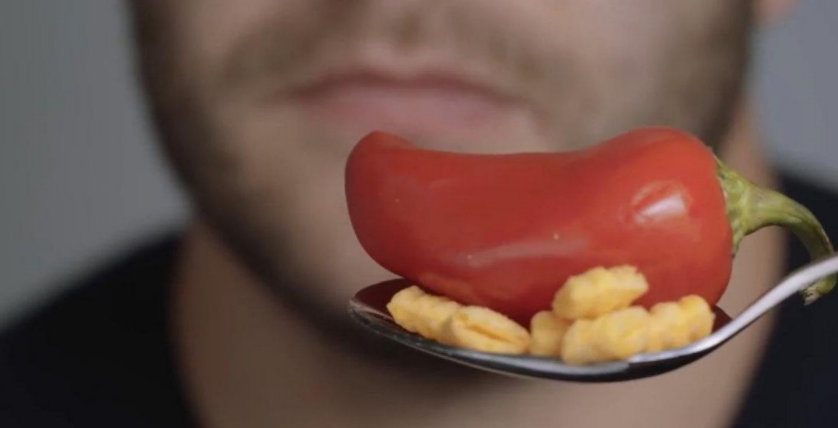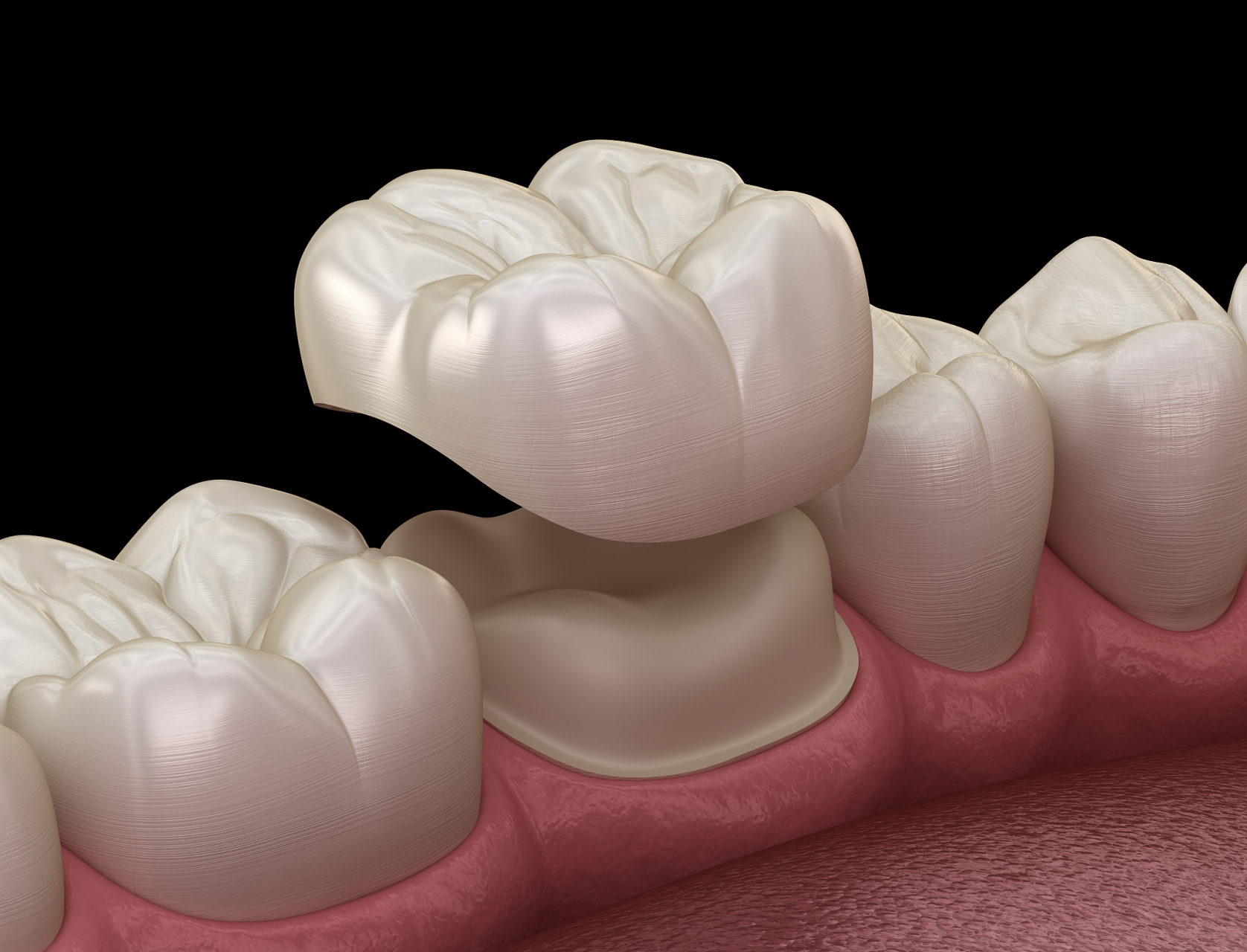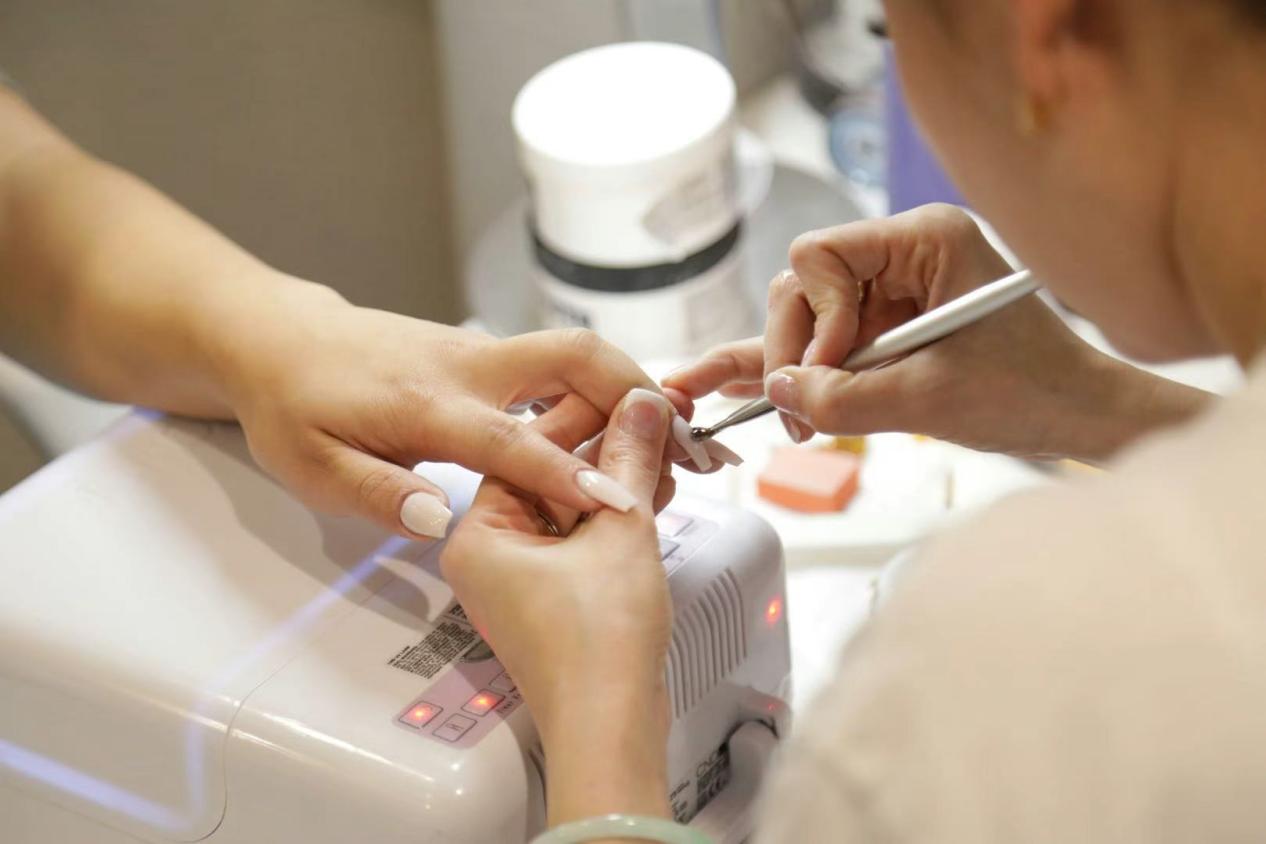Now, the spoon in your hand can do more than just scoop up food—it can reignite your taste buds. This is not a scene from a science fiction novel but a groundbreaking invention being developed by a team from the University of Sheffield: the Tasty Spoon. Dubbed the "magician of the taste world," this spoon aims to help dementia patients regain the joy of eating while also offering hope for addressing global malnutrition.
For many, losing their sense of taste is a devastating blow. The spicy curry tastes like plain water, and sweet cakes are reduced to tasteless lumps, making it hard to derive satisfaction from eating.

To address this, the University of Sheffield, in collaboration with its Advanced Manufacturing Research Centre (AMRC), has developed the Tasty Spoon. This magical spoon uses subtle electrical stimulation to awaken taste buds. Though it looks like an ordinary utensil, it activates taste receptors through electronic signals, effectively "recharging" taste buds that have lost connection. It’s like turning on a warm light in a dim room, allowing taste buds to once again perceive the sourness, sweetness, bitterness, and saltiness of food.

Dementia patients often lose interest in food due to diminished taste perception, sometimes resorting to excessive salt and sugar to compensate for the lack of flavour. This not only increases the risk of heart disease and strokes but also traps patients in a vicious cycle of malnutrition. The Tasty Spoon offers an innovative solution to these issues. By helping patients regain their ability to perceive different flavours, this spoon not only makes dining more enjoyable but also encourages a more balanced diet, safeguarding their overall health. “It’s like turning the ‘green light’ back on for taste, offering users the chance to rediscover the joy of delicious meals,” said one researcher.
At the core of the Tasty Spoon lies a clever electrical stimulation technology. The device is equipped with miniature electronic components that send electrical signals to stimulate taste buds, allowing patients to experience the diverse flavours of food once again. The research team is working closely with user groups to fine-tune the spoon’s waveforms and frequencies, ensuring that the stimulation is both safe and effective. The device requires no complicated operation—patients simply use it like an ordinary spoon, scooping food and bringing it to their mouths. The Tasty Spoon quietly activates its "taste reboot" function, like an invisible chef presenting layers of flavour. Even better, the spoon is rechargeable, easy to clean, and is planned to be made from eco-friendly materials.

The Tasty Spoon is a humane technological invention, offering not only a lifeline for dementia patients but also demonstrating how technology can breathe new life into one of the most fundamental experiences—eating. This spoon is not just a tool; it is a key that unlocks hope for the taste buds. Shortly, whether at home or in healthcare institutions, this spoon is set to become an indispensable companion for patients and caregivers alike. The Tasty Spoon helps people rekindle their love for food while opening new possibilities for their health and quality of life. With this “flavorful spoon,” every meal can return to being delightful and every bite full of taste.





